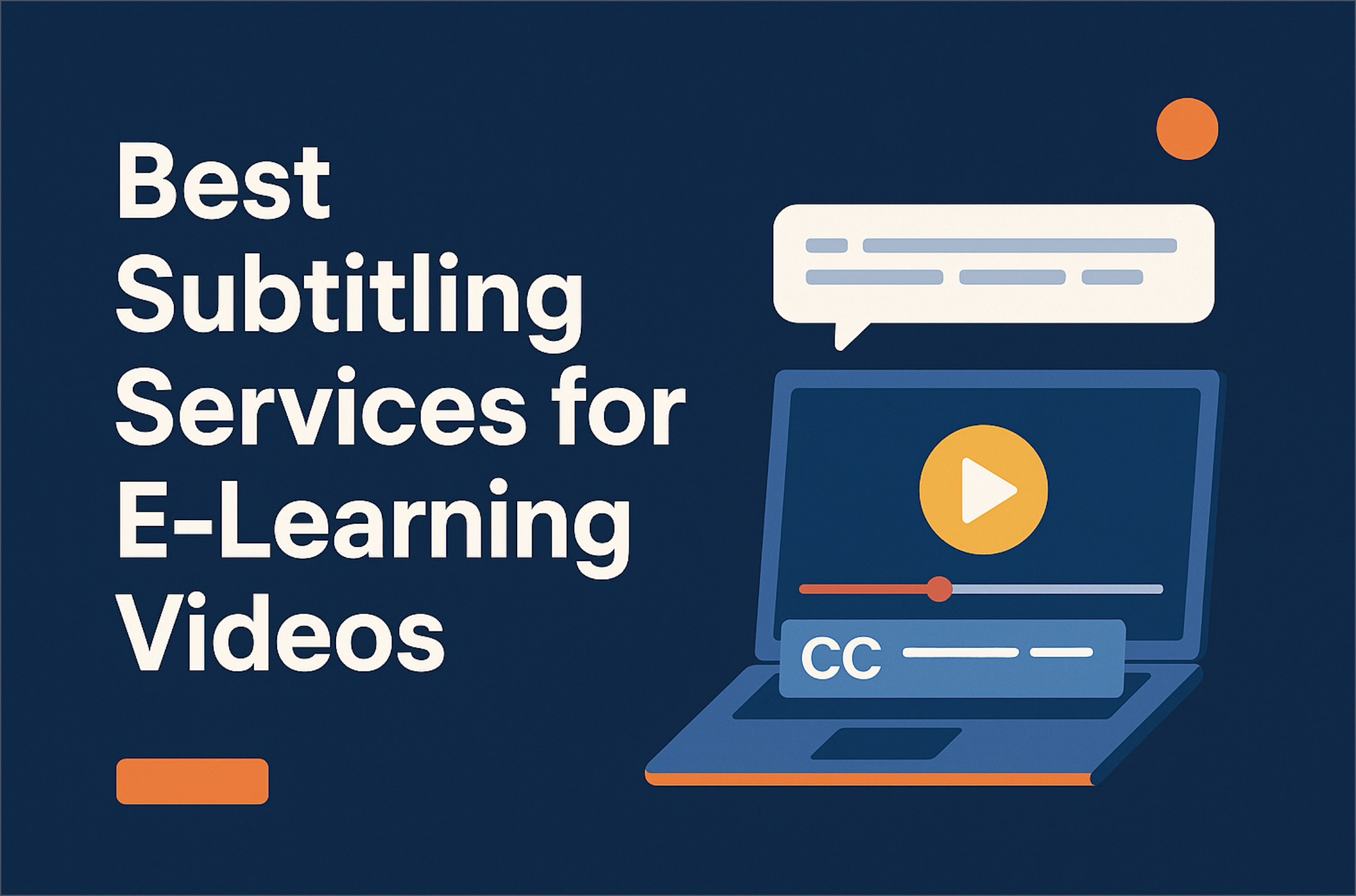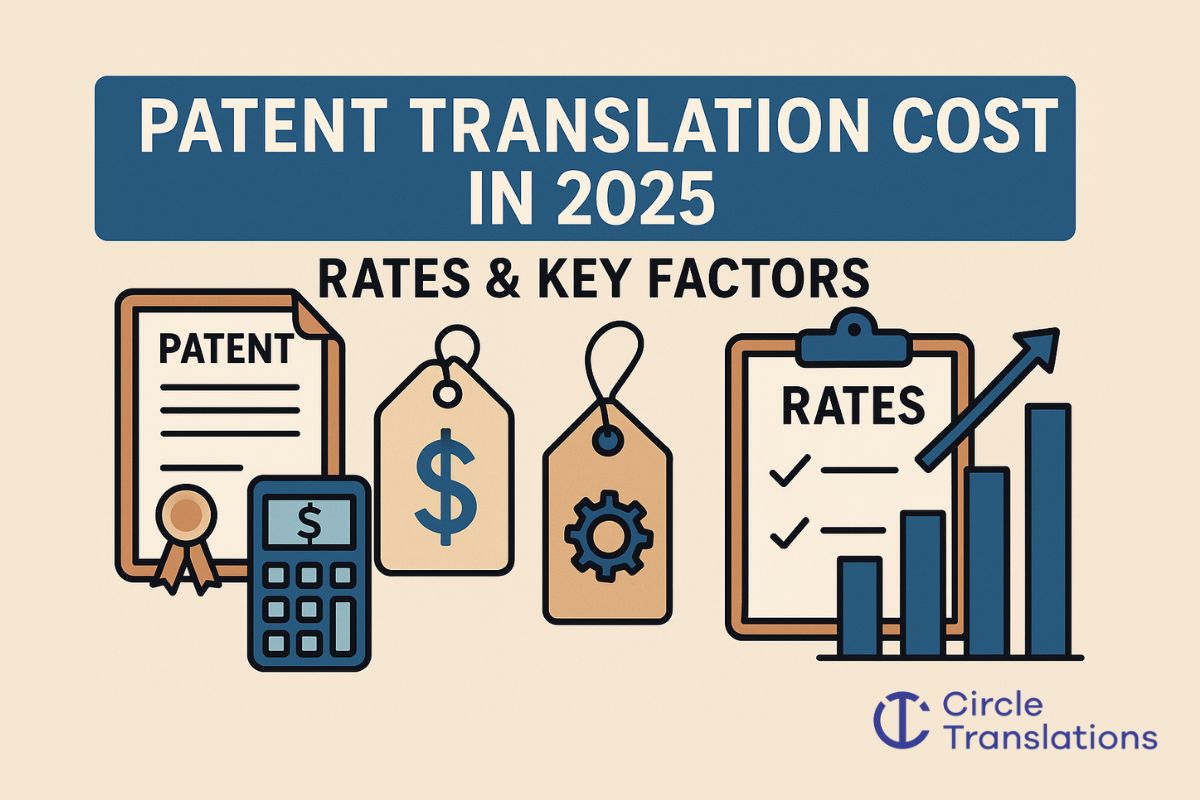In the rapidly evolving landscape of media and entertainment, the question arises: why do I need subtitles? This article delves into the multifaceted reasons behind the universal demand for subtitles, exploring their role in fostering accessibility, bridging language barriers, enhancing educational experiences, breaking down barriers for disabilities, and contributing to cultural representation. The subtitle revolution goes beyond mere textual accompaniment; it has become a cornerstone of a more inclusive, diverse, and enriched media environment.
The Accessibility Revolution
Do you also ask this question: why do I need subtitles to watch TV? The Accessibility Revolution has transformed the way we consume content, with subtitles emerging as unsung heroes in championing inclusivity. Specifically, closed captions play a pivotal role in making content accessible to individuals with hearing impairments. By providing a text-based representation of dialogue, they bridge the communication gap, enabling those with hearing challenges to fully engage with movies, TV shows, and online videos.
Moreover, people think, why do I need subtitles? For individuals who wear glasses and may struggle with distant text on screens, subtitles become a visual lifeline. The crisp, legible text not only enhances comprehension but also caters to those with varying visual needs, fostering a more inclusive viewing experience.
Why do we need subtitles now? In the realm of TV and movies, closed captions have become a beacon of inclusivity, breaking down barriers for diverse audiences. This innovation allows everyone to enjoy content regardless of their hearing abilities, contributing to a more equitable and diverse entertainment landscape. As the Accessibility Revolution unfolds, subtitles stand as a testament to the transformative power of technology in fostering a world where everyone, regardless of their abilities, can partake in the magic of storytelling.
Bridging Language Barriers
Subtitles serve as linguistic bridges in our interconnected world, weaving a tapestry of understanding across diverse languages. In the realm of films and TV shows, they play a pivotal role in breaking down language barriers and fostering a globalized appreciation for storytelling. As viewers embark on cinematic journeys from various corners of the globe, ask why do I need subtitles. To answer that, subtitles transform dialogue into a universal language, enabling audiences to grasp narratives beyond linguistic confines.
Why do we need subtitles now? The impact of subtitles on international content consumption is profound. They democratize access to cultural narratives, empowering individuals to explore cinematic landscapes irrespective of their native tongues. In doing so, subtitles cultivate a multicultural audience, nurturing an environment where appreciation for diverse stories transcends linguistic differences. It not only enriches the viewer’s experience but also fosters a sense of global interconnectedness.
Why do I need subtitles? It’s a question that many people ask; therefore, creating a melody of understanding that resonates with audiences matters. Celebrating the rich tapestry of human experience that transcends linguistic borders. Subtitles, in their unassuming presence, become ambassadors of cultural exchange, reminding us that the beauty of storytelling knows no linguistic bounds.
Media and Entertainment Landscape
For a wide range of viewers, subtitles in films, TV series, and streaming services are essential to a great viewing experience. In addition to assisting those who are hard of hearing, subtitles reach a worldwide viewership by bridging linguistic divides, promoting diversity, and guaranteeing that subtleties are conveyed without error. Why does everyone need subtitles? They provide a richer understanding of dialogues, accents, and cultural references, making content accessible to a broader spectrum of viewers. Why do I need subtitles to watch TV also aids language learners, allowing them to follow along and grasp colloquial expressions!
Why do we need subtitles now? They contribute to accessibility, accommodating those with hearing difficulties or language challenges. Moreover, closed captions improve search engine optimization by making content more searchable, ultimately broadening its reach. For creators, they enhance audience engagement by capturing the attention of viewers in environments where sound may be impractical. In the dynamic landscape, why do I need subtitles–in media and entertainment, subtitles and closed captions emerge not only as accessibility features but as bridges that connect diverse audiences, enriching the overall content experience.
Educational Benefits
The educational landscape has undergone a transformative shift with the integration of Why do I need subtitles to watch TV, showcasing notable benefits, especially in the realms of language acquisition and reading support. Why do I need subtitles? Well, the positive impact of subtitles extends across diverse learning environments, fostering inclusivity and catering to the varied needs of students. Whether in the traditional classroom setting or within the digital realm of e-learning platforms, subtitles play a pivotal role in amplifying comprehension and offering an additional layer of support for learners.
Why we need subtitles now: subtitles serve as a valuable aid, providing learners with a contextual understanding of spoken words and aiding in vocabulary acquisition. Additionally, they contribute to the development of listening skills, as students can correlate spoken language with written text. In the context of reading assistance, subtitles offer a dynamic tool for enhancing literacy skills. They act as a scaffold for learners, promoting a better understanding of textual content and facilitating a smoother transition from spoken to written language.
Why does everyone need subtitles? Beyond linguistic aspects, subtitles contribute to a more inclusive educational environment by accommodating diverse learning styles and addressing the needs of students with varying abilities. Whether utilized in traditional classrooms or e-learning modules, subtitles emerge as a powerful educational tool, fostering a holistic and accessible approach to learning.
Breaking Down Barriers to Disabilities
The impact of subtitles on individuals with visual impairments is a testament to their versatility. Closed captions not only assist those with hearing difficulties but also benefit individuals with visual impairments by providing an alternative means of consuming content. The psychological aspects of why do I need subtitles to watch TV, including reduced cognitive load and improved comprehension, contribute to a more accessible and enjoyable media experience for everyone.
Cultural Representation
In the saga of why do I need subtitles, cultural representation enables accurate portrayal and appreciation of diverse cultures. Understanding different accents and dialects becomes more accessible, fostering a deeper connection with content that might otherwise be lost in translation. In a world that celebrates diversity, subtitles serve as a bridge between cultures, promoting understanding and respect.
Conclusion
Why do we need subtitles now? The universal need for subtitles has evolved beyond mere convenience to become a powerful tool for fostering inclusivity, enhancing educational experiences, breaking down barriers for disabilities, and promoting cultural representation. As we navigate an increasingly interconnected world, subtitles have emerged as a unifying force, allowing individuals from various backgrounds to share in the richness of global media and entertainment.
Subtitles

Professional and Accurate Subtitle Services for your Videos.
- Video subtitles specifically tailor-made for improving accessibility.
- Using highly experienced subtitlers with years of industry experience.
- Professionally written and expertly timed.
Translation

We help the world’s top companies translate their content in over 73 languages!
- We localize content for internet websites, games, travel, cryptocurrencies, and more
- Expand your global audience by adding different languages.
- We work only with qualified translators and experienced content creators
Audio translation

Ensuring full accessibility for Blind and visual impaired audiences.
- Visual descriptive events as they occur in the video.
- Working with top audio describers to perfectly describe what is happening on-screen
- Professional sound recording.














